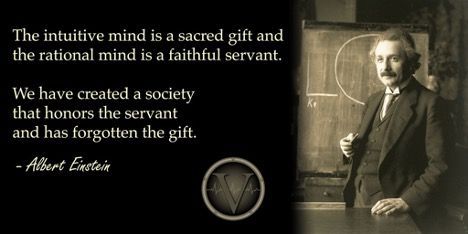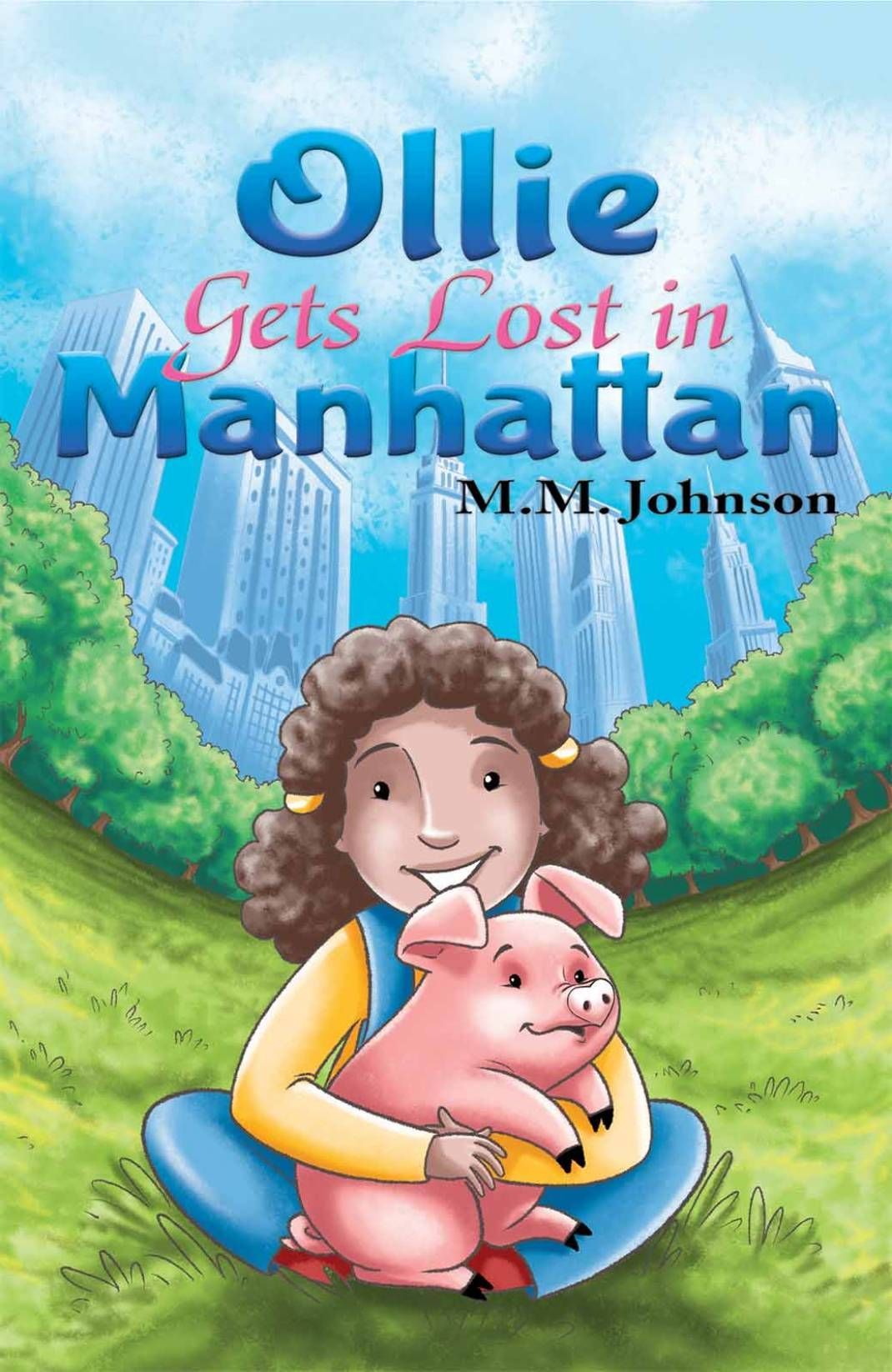Does Work Destroy the Soul?
As children, most of us have vivid imaginations to create in our minds a myriad of pretend jaunts and characters. At that stage of our lives, we live in a state of adventure and, yes, bliss. Yet, when we grow up, that creativeness, which was so central to our happiness as a child, may not be so readily available, or perhaps we are even the ones who scoff at the notion of being imaginative in our daily lives.
So, just because we reach adulthood, does our childlike imagination have to diminish or, for some, be lost altogether? Is that the natural course or was it some other influence that killed our creativity?
There are many individuals who produce ingenious work. Think of the amazing inventions over the years or the wonderful books we’ve read and movies we’ve seen. Those came from creative minds, but if one is in a regular office job, perhaps holding a position that’s bureaucratic, or where established practices must be followed, can one be as inventive or inspired there too, or are these skills off-limits?
For many, their imagination is crushed by the opinions of others. Perhaps by a boss who “redlines” throughout an employee’s suggested communication or a co-worker who trashes their colleague’s idea for an improved procedure. As a result, will victims of such off-hand criticism now be inclined to follow the status quo—just stick to normal procedure? Perhaps they even become an individual who says, “We’ve always done it this way!” However, a lack of imagination does not serve an organization well. Ingenuity in business helps not only the company to thrive but society too.
The destruction of one’s imagination may be one of the cruelest attacks on a person’s psyche, self-confidence and self-image. Yet, it can happen without intent or deliberate action. Perhaps you’ve had someone laugh at or put down your idea. That person probably did it without any maliciousness, not realizing the mortification s/he caused. But if it happens often enough, creativity will shut down and some great ideas and amazing solutions that may benefit others will now not be shared.
For Supervisors
While it is recognized that methods of work cannot be constantly changed and procedures and certain protocols must be followed to avoid liability or simply for efficiency, supervisors should not dismiss an employee’s creativity.
In my view, supervisors should not only coach and mentor their subordinates, but also help to nurture, recognize and reward their employees’ inspiration and resourcefulness. Nothing will destroy another person’s creativity more quickly than unmercifully criticizing it.
Think of ways to reward creativity. For example, start a “Bright Ideas” campaign where an employee’s idea that furthers the company in some way is publicly recognized and rewarded.
- Give shout-outs for ideas that increase efficiency or prevent bottlenecks
- Give monetary awards for ideas that result in savings or means to a profit for the organization
- Encourage brainstorming to help creativity flow
And if an employee’s idea is not one that would work in your company, instead of just shooting it down, consider whether there are parts of it that could be amended or used now or in the future. Regardless, while constructive criticism can be helpful to an individual, never disparage, condemn, disregard, or make fun of an employee who comes to you with a creative suggestion for improvement in your organization.
What are your views? Let’s continue the conversation.





Browse Our Website
Our Information
Maggie Johnson Consulting, LLC
Email Address:
mjohnson@maggiejohnsonconsulting.com
Location: New York, NY
Copyright 2022 Maggie Johnson Consulting, LLC | Website Designed by New Wave Digital Designs


